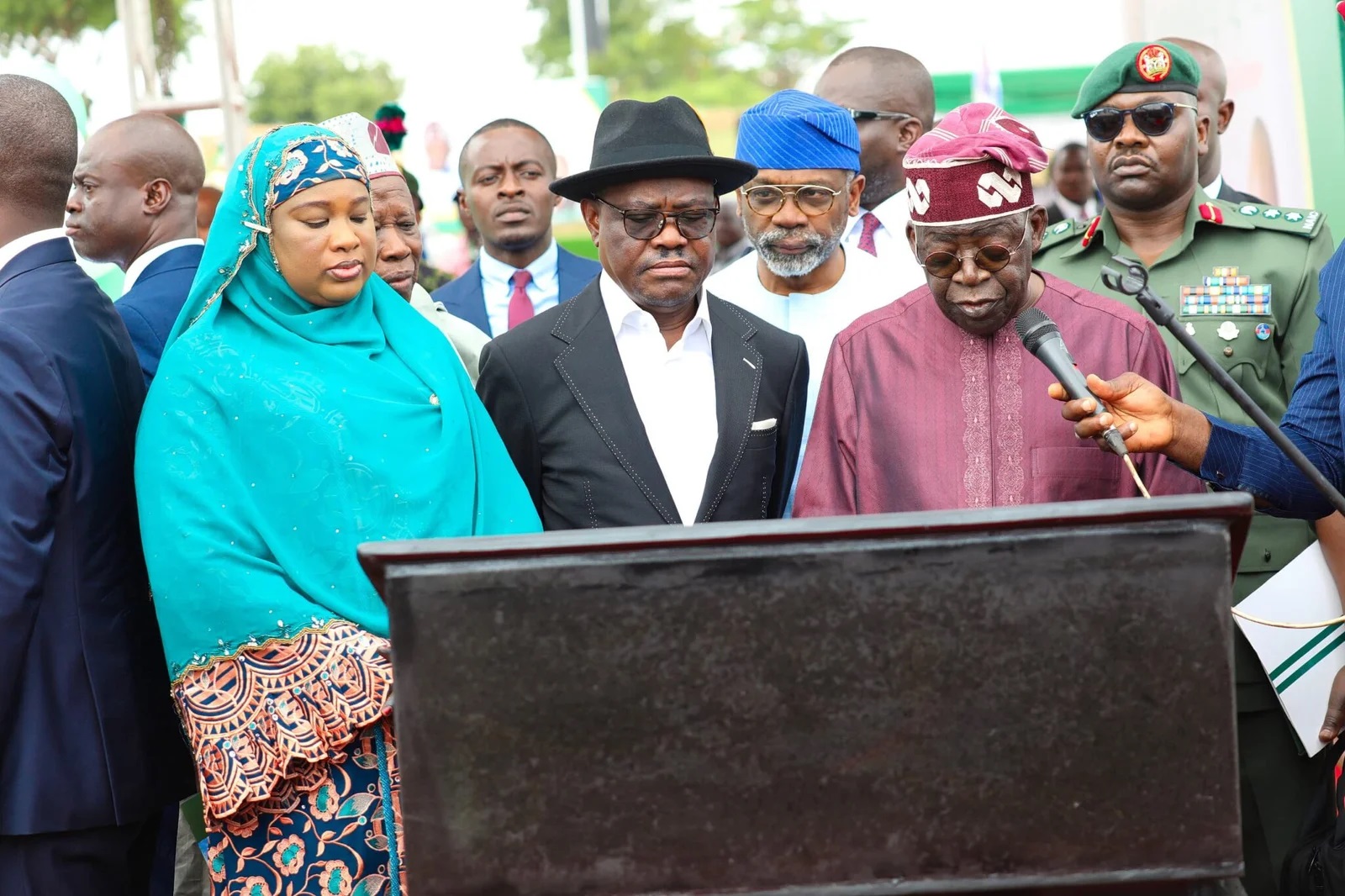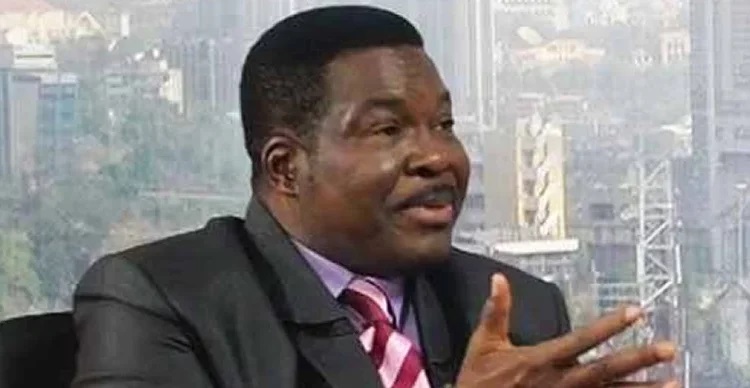A major water infrastructure milestone was reached in Nigeria on Monday as President Bola Tinubu inaugurated the $470 million Greater Abuja Water Supply Project, bringing improved water access to the nation’s capital.
Originally launched in 2017, the project had stalled until the Tinubu administration prioritised its completion. Speaking at the inauguration ceremony in Abuja, Federal Capital Territory (FCT) Minister, Nyesom Wike, hailed the President’s swift action.
“Despite being awarded eight years ago, this crucial infrastructure was completed within just two years of your leadership,” Wike remarked.
The water supply initiative was developed under a partnership with the African Development Initiative and heavily financed by the Chinese government, which contributed 85% of the total cost. The Nigerian federal government and the FCT Administration supplied the remaining 15%.
The project delivers major upgrades to the capital’s water supply loops—specifically loops 1, 2, 5, and 6—integral to the city’s master infrastructure plan. Over 425 kilometres of water pipelines were installed, including main and distribution lines across both northern and southern sectors of Abuja.
President Tinubu lauded the project as a testament to his government’s infrastructure drive. “This is not just a pipeline; it is a life pipeline. Access to clean, safe water is a right, not a privilege,” he said, highlighting its benefits for homes, businesses, and public institutions.
He praised Minister Wike for exhibiting “leadership with purpose”, while also commending the National Assembly for its consistent support throughout the process.
The Minister of State for the FCT, Dr Mariya Mahmoud, noted that Tinubu’s administration had revived and completed long-stalled projects, transforming abstract plans into practical improvements. “This project shows no community is being left behind in our development journey,” she said.
Richard Dauda, acting Executive Secretary of the Federal Capital Development Authority, provided technical details, stating that the new system will greatly enhance access to clean water. The work included site clearance, excavation, and the construction of the four loops through multiple phases of the capital’s development zones.
Wike also announced near-completion of procurement for water projects in outlying communities such as Bwari, Karu, and Kubwa, aiming for completion by 2026 in time for Tinubu’s third year in office.





